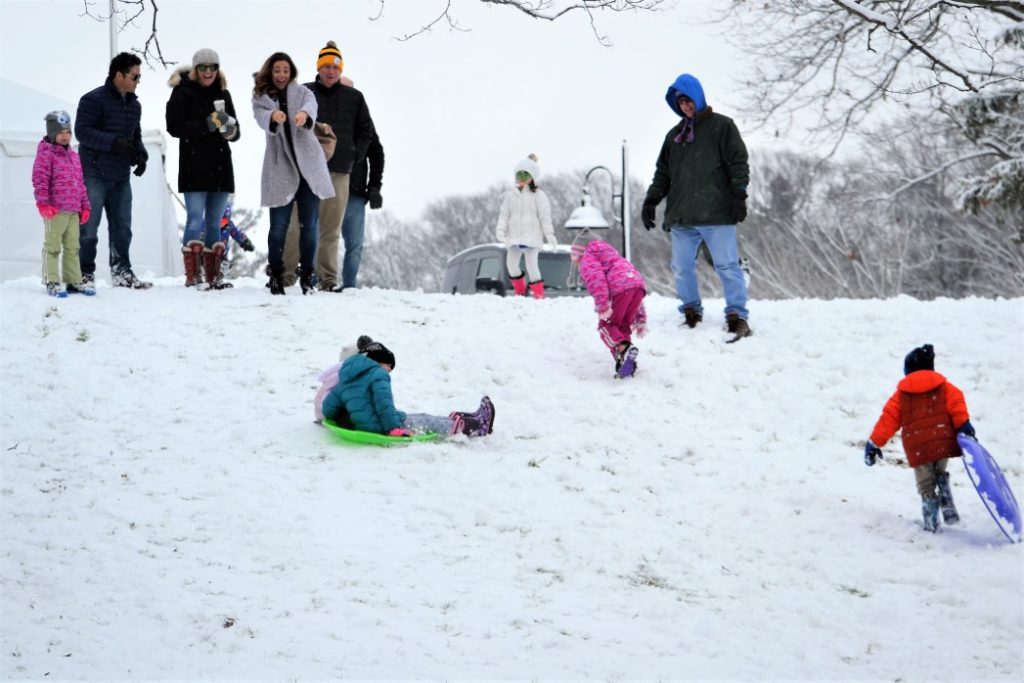The pandemic showed kids can learn from home while schools are closed.
When Covid-19 started spreading across the world, schools everywhere switched from classrooms to Zoom screens. Billions of kids have now completed at least some of their education via remote learning.
There have been concerns about this. Plenty of parents, education experts and government officials have argued that virtual schooling is less effective than in-person teaching, meaning pandemic students may later be disadvantaged in the job market. It also seems to have been disproportionately difficult for kids from lower-income families, widening the inequality gap. Despite this, many people saw remote learning as an imperfect compromise whose major selling point was that it removed the need for societies to make a tough decision between stopping kids' education completely or increasing the virus’ spread.
Some are now wondering whether remote learning could be a fix for another education vs safety dilemma: bad-weather days. In the UK, which is not famed for hot weather, the usual cause of pre-pandemic school closures was snow. In the USA, heatwaves and hurricanes are also reasonably common reasons to shut schools. Officials in both countries have now suggested that when bad weather hits, educational institutions should simply switch to remote learning for the day.
From an economic standpoint, this plan has plenty of advantages. Kids can keep learning. Although working parents may still have to stay home with them, many may find it easier to do their own job from home if teachers are taking on the role of virtual babysitter and attention-occupier. Having the remote-learning option in their backpocket might also make schools much quicker to announce a school closure, preventing children, parents and teachers from wasting their time - and risking their safety - trying to commute in only to be turned around. Plus, bad-weather days are likely to become a more frequent issue, as climate change is making extreme weather more common.
Of course, many of the issues associated with remote learning will remain. Children from more disadvantaged backgrounds are less likely to have the tech and suitable working space needed to concentrate properly. Kids who get free school dinners might end up skipping a meal (although this would be true regardless). Still, many economists will probably regard having a virtual-school backup as better than the no-school status quo. Schoolchildren and teachers, however, may not agree with them.
There can be something rather lovely about an unexpected day off school or work, especially when it’s combined with the sort of weather that is generally seen as both unusual and pleasant to be in. There is perhaps a question about what value we should attach to things like extra leisure time, or the joy of building snowmen with friends or sunbathing in the garden with our siblings (hurricanes seem less fun, although perhaps anti-remote-learners would argue that such a scary event is not conducive to learning, remotely or not).
Remote school on bad weather days would almost certainly increase the amount of education and work being done. But not everyone believes that just because we can squeeze a bit more economic productivity out of a situation does it mean we always should.
Rea our explainer on: is new technology always better

